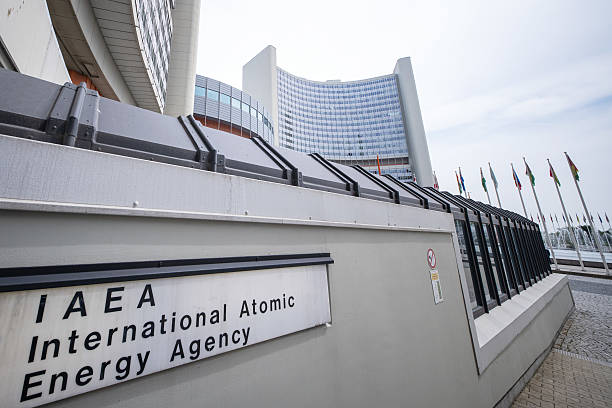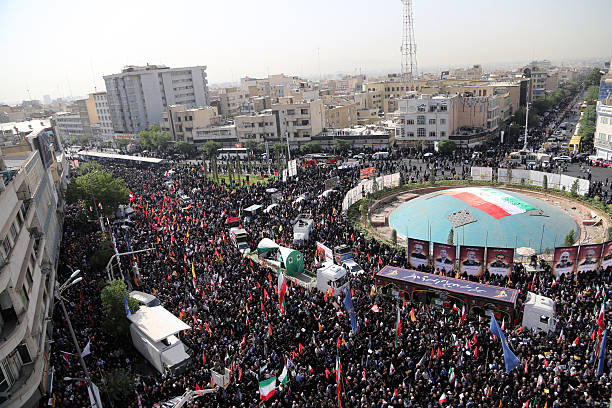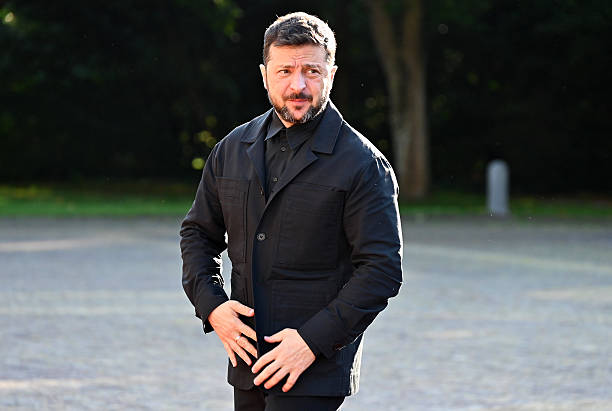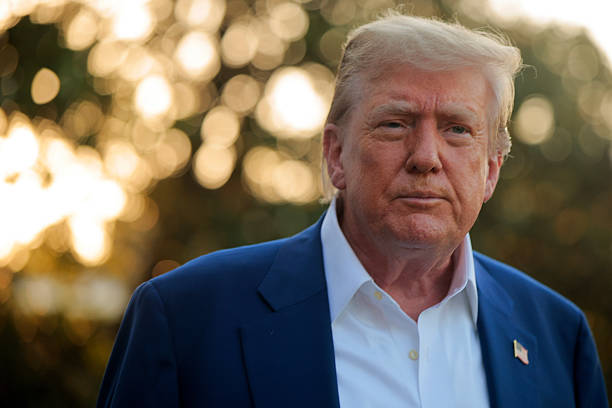Iran Suspends Cooperation with IAEA After Israeli, U.S. Strikes on Nuclear Facilities
Iran suspends cooperation with the IAEA following Israeli and U.S. airstrikes on its nuclear facilities, escalating tensions and limiting international oversight of its nuclear program.
 IAEA Board Of Governors Meets To Discuss Situation In Iran
IAEA Board Of Governors Meets To Discuss Situation In IranIranian President Masoud Pezeshkian on Wednesday ordered the suspension of the country’s cooperation with the International Atomic Energy Agency (IAEA), following U.S. and Israeli airstrikes on its key nuclear sites — a move likely to further restrict international oversight of Tehran’s nuclear program, which has been enriching uranium close to weapons-grade levels.
The directive, announced on Iranian state television, follows a parliamentary bill approved by Iran’s Guardian Council and supported by the Supreme National Security Council, chaired by Pezeshkian. The suspension order did not include a specific timeline or clear operational details.
“The government is mandated to immediately suspend all cooperation with the International Atomic Energy Agency under the Treaty on the Nonproliferation of Nuclear Weapons and its related Safeguards Agreement,” the statement read. “This suspension will remain in effect until certain conditions are met, including the guaranteed security of nuclear facilities and scientists.”
The Vienna-based IAEA stated it had not received official communication about the order. A diplomat with knowledge of the agency’s operations confirmed that inspectors remained in Iran as of the announcement and had not been instructed to leave.
Iranian Foreign Minister Abbas Araghchi, in an interview with CBS News, indicated Tehran was still open to dialogue. “The doors of diplomacy will never slam shut,” he said, though he dismissed the idea that negotiations with the U.S. could resume immediately.
Israeli Foreign Minister Gideon Saar condemned Iran’s move, calling it “a complete renunciation of all its international nuclear obligations and commitments.” He urged European nations involved in the 2015 nuclear deal to trigger the agreement’s snapback clause, which would reimpose lifted U.N. sanctions.
Tammy Bruce, spokesperson for the U.S. State Department, labeled Iran’s decision “unacceptable,” stressing that Tehran had an opportunity to “reverse course and choose a path of peace and prosperity.”
Despite concerns, Iran’s decision stops short of quitting the Nuclear Nonproliferation Treaty altogether. The 2015 nuclear deal had previously capped uranium enrichment at 3.67%, limited centrifuge use, and allowed extensive IAEA monitoring. However, U.S. President Donald Trump withdrew from the accord in 2018, prompting Iran to scale back compliance and increase enrichment levels to 60% — just below the 90% required for a weapon.
The current suspension follows Israeli airstrikes beginning June 13, which targeted Revolutionary Guard leadership, ballistic missile stores, and nuclear sites. Iran reported 935 deaths from the strikes, including 38 children and 102 women. The Human Rights Activists group cited a higher toll of 1,190 deaths, including 436 civilians and 435 security personnel, and 4,475 wounded.
The United States supported the Israeli strikes, with Pentagon spokesman Sean Parnell stating the attacks “completely obliterated” critical components of Iran’s nuclear program and set it back by up to two years. “We destroyed the components they would need to build a bomb,” he said, asserting that Iran’s nuclear capability had been “severely degraded.”
Iran has not authorized IAEA inspectors to assess the damage. Rafael Grossi, head of the IAEA, said without access, it is “impossible to assess the full damage,” though he acknowledged that “severe damage” had occurred.
While Israel and the U.S. claim significant degradation of Iran’s nuclear capabilities, Tehran has maintained its program is for peaceful purposes. Intelligence agencies and the IAEA have previously assessed that Iran had an organized weapons program until 2003.







Conversation